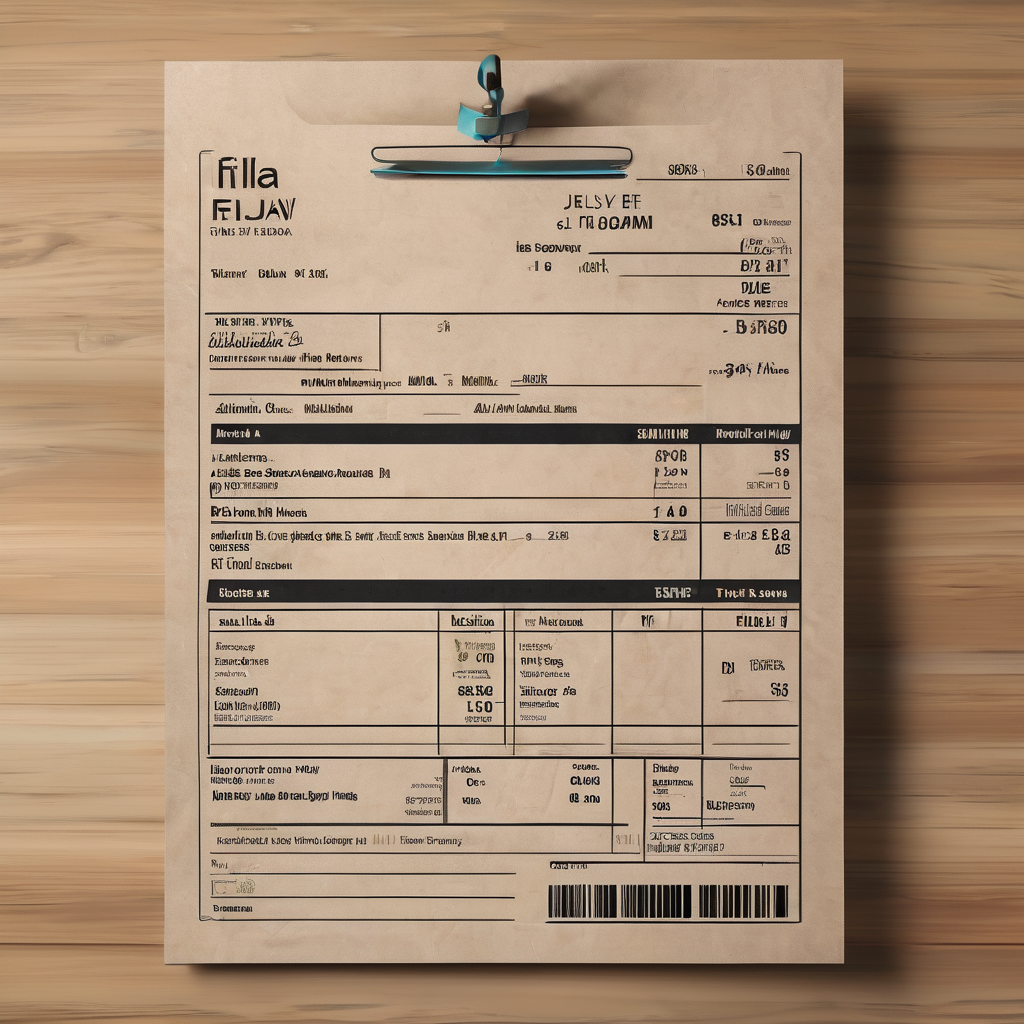Fiji’s Coalition Government has initiated a strategic reduction in the Value Added Tax (VAT) from 15% to 12.5%, effective from August 1st. This decision, driven by Deputy Prime Minister and Finance Minister Professor Biman Prasad, is aimed at mitigating the rising cost of living and increasing the purchasing power of Fijian households, particularly benefiting low and middle-income families. The VAT cut, along with zero VAT on 22 essential items like prescribed medicines, is expected to save the economy approximately $250 million.
Professor Prasad emphasized that the VAT reduction is a bold and proactive response to economic pressures, intended to direct savings towards alleviating household budgets. This adjustment applies to electricity, fuel, various services, and extends to non-zero-rated food items, government fees, and LTA levies.
The inflation rate has been negative since February, and the VAT reduction aims to maintain this trend, suggesting improved affordability within the economy. In August, the inflation rate was recorded at -3.5%, primarily due to reductions in food, beverage, transport, and fuel costs.
To protect consumer interests and ensure businesses adjust their pricing accordingly, the government has formed the Price Monitoring and Enforcement Taskforce. This body, working with the Fiji Competition and Consumer Commission (FCCC), the Consumer Council of Fiji, and Fiji Revenue and Customs Service (FRCS), is tasked with monitoring compliance and enforcing fair pricing practices.
Past government concerns indicated some businesses might absorb the VAT reduction rather than passing the savings to consumers. Regulatory agencies are committed to closely overseeing pricing to ensure the VAT reduction benefits all Fijians. This vigilant approach aims to prevent businesses from exploiting loopholes, thereby maintaining consumer trust and fostering market fairness.
The Coalition Government’s reform demonstrates its commitment to addressing cost-of-living challenges, promoting economic stability, and ensuring equitable fiscal measures that uplift all economic participants in Fiji. Part of a wider fiscal strategy, these changes are intended to provide immediate relief and support long-term economic resilience and growth amid global economic uncertainty. The anticipated result is a more sustainable economic environment that enhances the quality of life for the citizens of Fiji.
